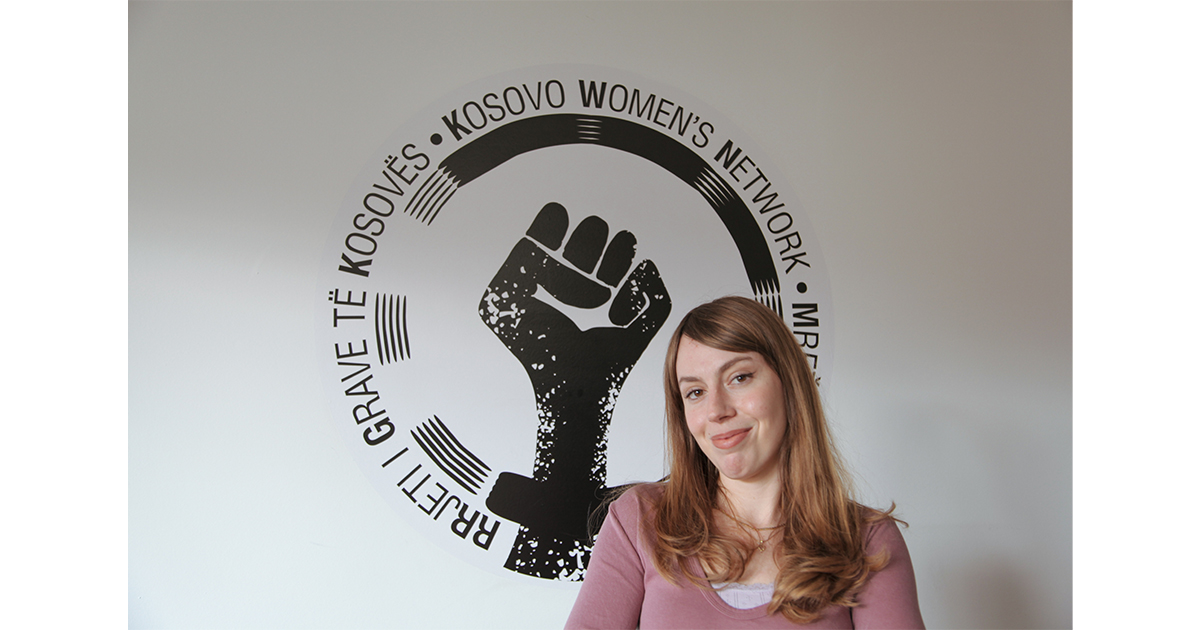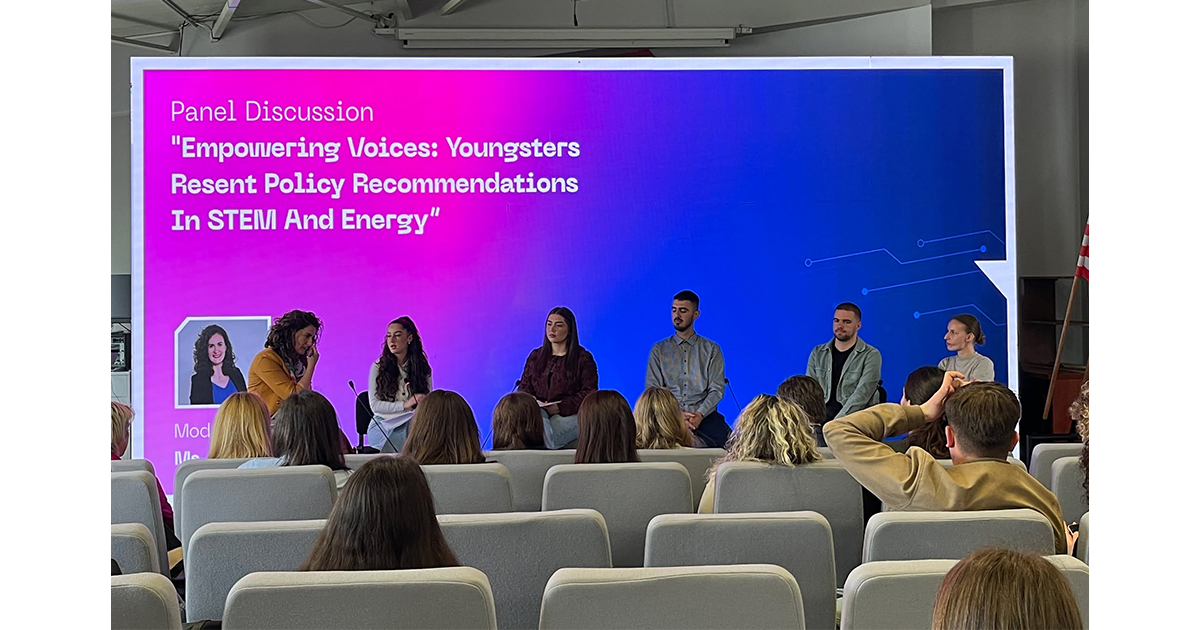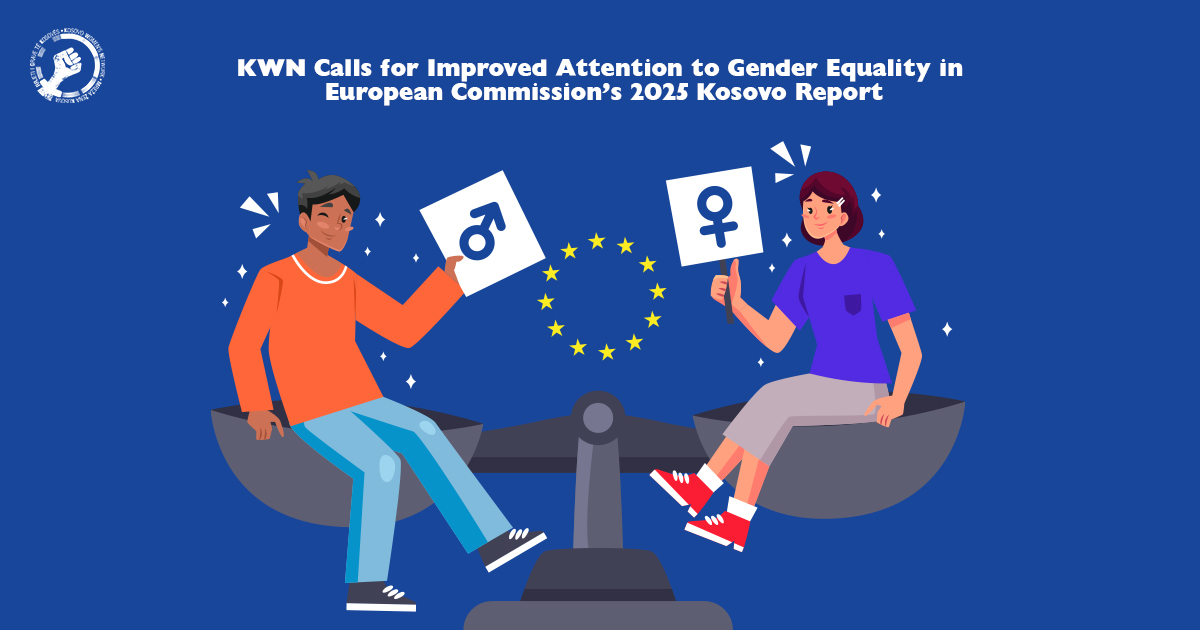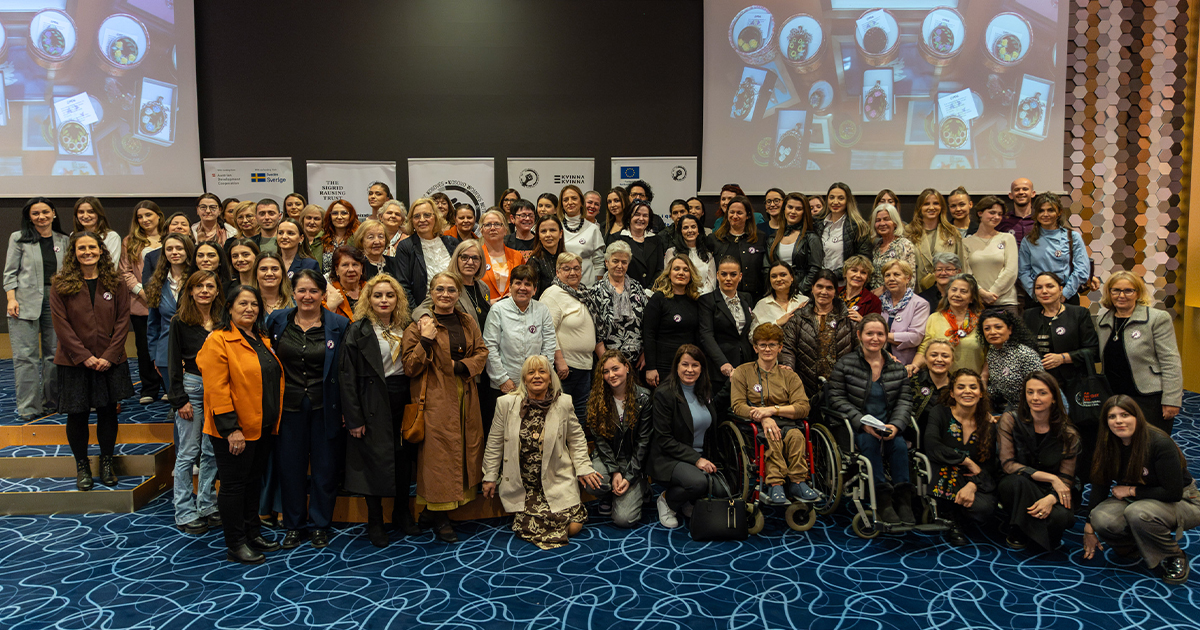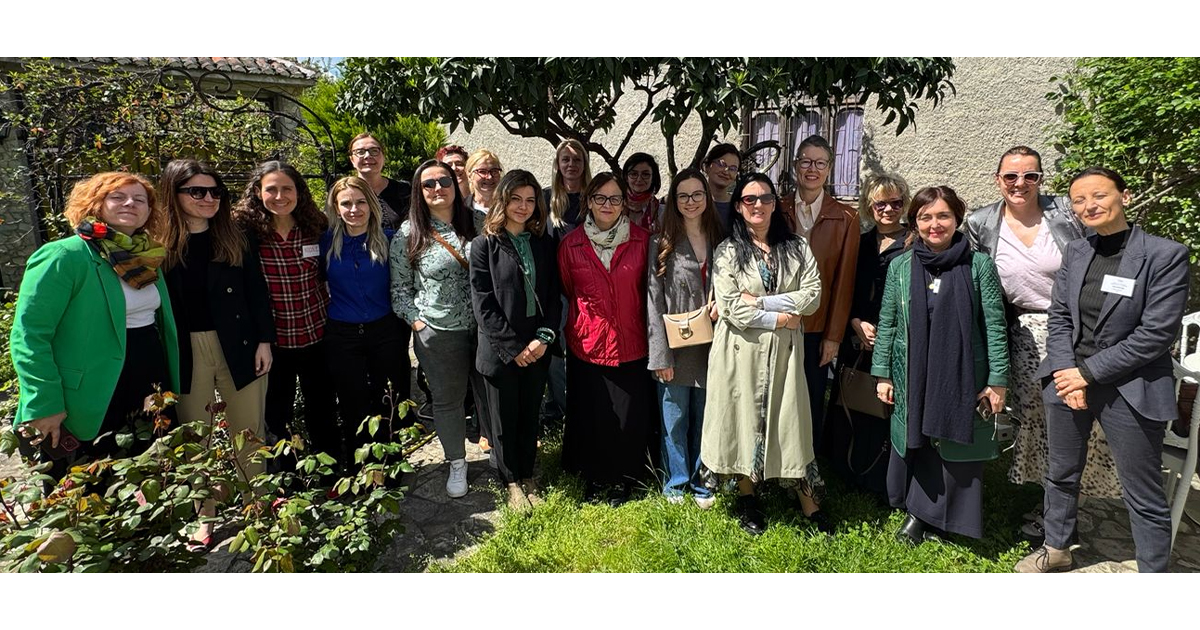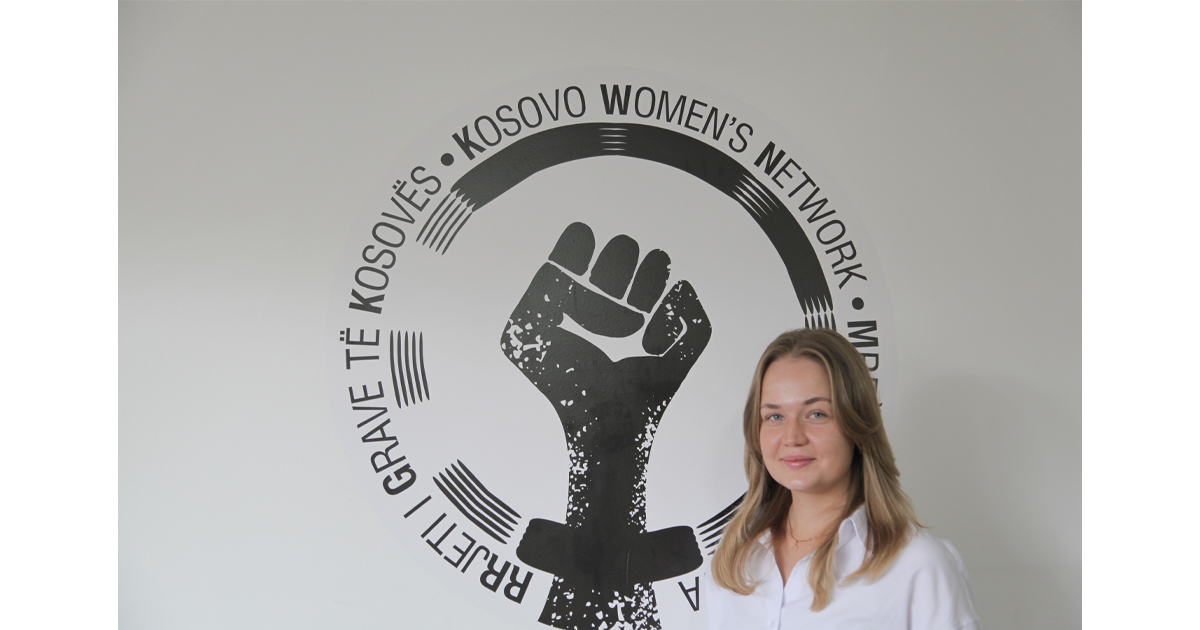On 21 March, marking the World Down Syndrome Day, organization Down Syndrome Kosovo, in cooperation with Kosovo Disability Forum, organized a awareness-arising march under the moto “Kosovo, support me; empower my right”. During this event, they brought up the demands for materializing the rights of disabled persons.
Disabled persons, their family members, citizens and officials from institutions—including the Ombudsperson, Hilmi Jashari– joined the march. Hilmi Jashari told the marchers that the concerns brought forward by disabled persons have been approved by the Ombudsperson Institution in order to encourage the public institutions of the Republic of Kosovo to materialize the rights guaranteed by the relevant laws and include, above all, the disabled persons all across the country.
“A country’s government is assessed by how it treats the most needy people. I believe in the values of this state, in the values of our institutions, to provide equal opportunities to all disabled persons so that they feel as an equal part of the Kosovar society”, Jashari said.
Representatives from the ranks of the march organizers declared that such protests will be organized in the future as well, until the rights of this social category are achieved.


